Growing zucchini is one of the most satisfying experiences for any home gardener. This vibrant summer squash is easy to grow, produces a generous harvest, and can be used in countless delicious recipes. But if you want to take your zucchini growing to the next level, learning about companion planting is a game-changer.
Companion planting means growing certain plants close together because they help each other in different ways — whether by improving growth, boosting flavor, keeping pests away, or enriching the soil.
Zucchini, like many vegetables, thrives best when surrounded by the right neighbors. Some plants naturally repel the pests that love zucchini leaves, while others attract helpful insects that pollinate flowers or eat the bad bugs.
Plus, some companions improve the soil by adding nutrients or improving its texture, making it easier for zucchini roots to grow deep and strong. On the other hand, a few plants just don’t get along with zucchini and can actually hurt your harvest by stealing nutrients, encouraging disease, or inviting pests.
If you’re new to companion planting or want to improve your garden’s health and yield, this guide is for you. We’ll cover 15 fantastic companion plants that work in harmony with zucchini.
These plants help keep pests away, attract beneficial insects, improve the flavor and growth of your zucchini, and make the most of your garden space. You’ll learn about popular herbs like dill and chamomile, vibrant flowers such as marigolds and nasturtium, nutrient boosters like beans and peas, and even some vegetables that grow well alongside zucchini without competing for resources.
But it’s not just about who gets along — knowing which plants to keep separate is just as important. We’ll also highlight 5 plants you should avoid planting near zucchini to prevent common problems like pests, disease, or poor growth.
By the end of this guide, you’ll have a clear understanding of how to arrange your garden for the ultimate summer harvest. Companion planting is a simple, natural way to create a thriving, balanced garden without relying heavily on chemicals or extra fertilizers.
Whether you have a large vegetable patch or just a small backyard, these tips will help you grow healthier, tastier zucchini with less effort.
Ready to dig in? Let’s explore the best companion plants for zucchini and learn how to grow the ultimate summer squash harvest!
In This Article
- Plants That Deter Pests and Disease, Attract Beneficial Insects
- Companions That Improve Soil Structure, Nutrients, Flavor
- Plants for Space, Conditions, Growth Habit
- 5 Plants Never to Grow Near Zucchini
Plants That Deter Pests and Disease, Attract Beneficial Insects
Dill (Anethum graveolens)
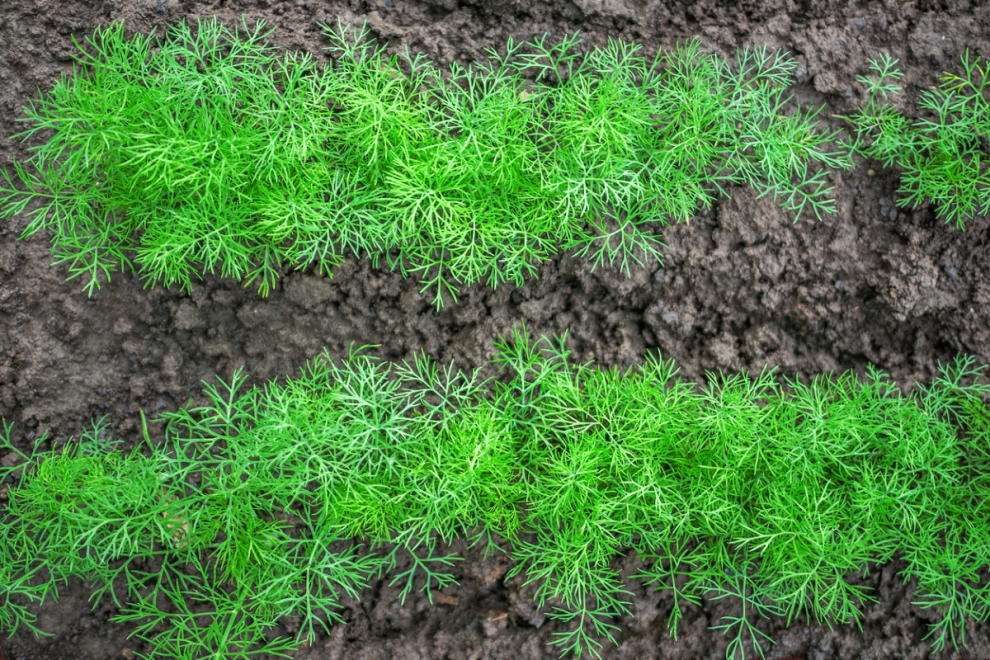
Dill is a tall, feathery herb that attracts beneficial insects such as ladybugs and parasitic wasps, which feast on common zucchini pests like aphids and squash bugs. Plus, dill enhances pollination by drawing in bees. Its scent also confuses pests, making it harder for them to find your zucchini.
Blue Hubbard Squash (Cucurbita maxima var. Hubbard)
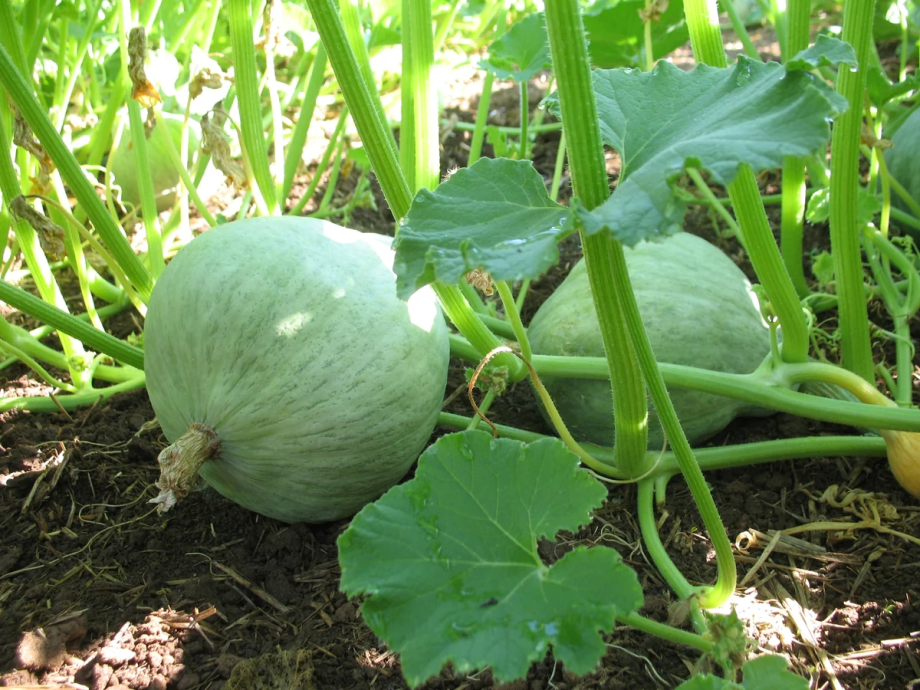
Blue Hubbard squash grows well alongside zucchini because it shares similar water and nutrient needs but doesn’t compete aggressively. This helps fill garden space without crowding zucchini and provides additional harvest variety. Its large leaves can also provide some shade to the zucchini soil, keeping it cool.
Borage (Borago officinalis)
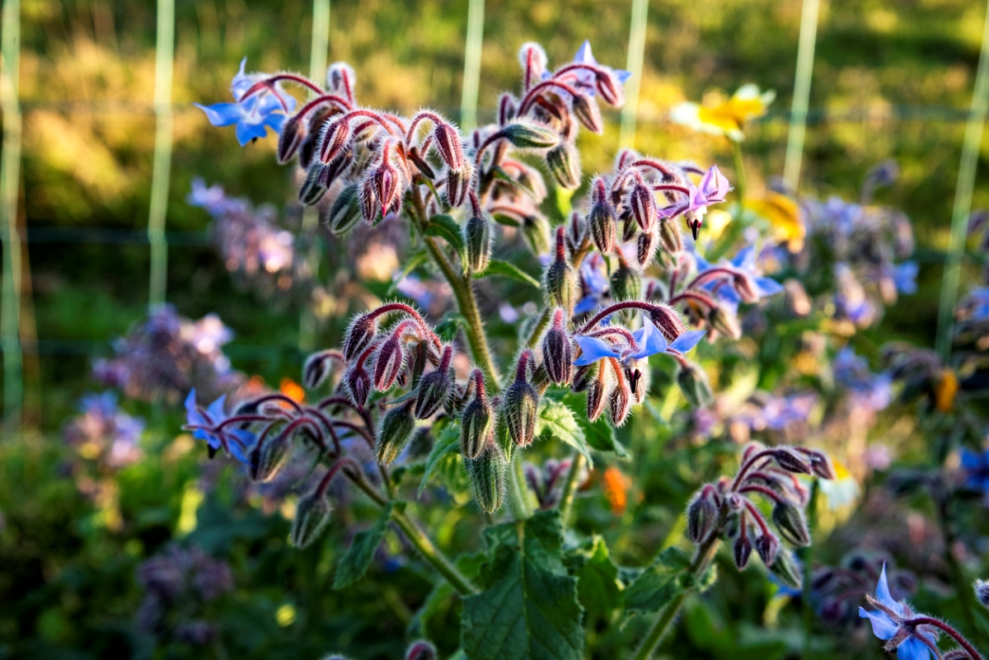
Borage is a star companion for zucchini. Its flowers attract bees and other pollinators, improving fruit set. It also repels tomato hornworms and cabbage worms, pests that can sometimes trouble zucchini. Plus, borage enriches the soil with trace minerals, improving zucchini flavor.
Sweet Alyssum (Lobularia maritima)
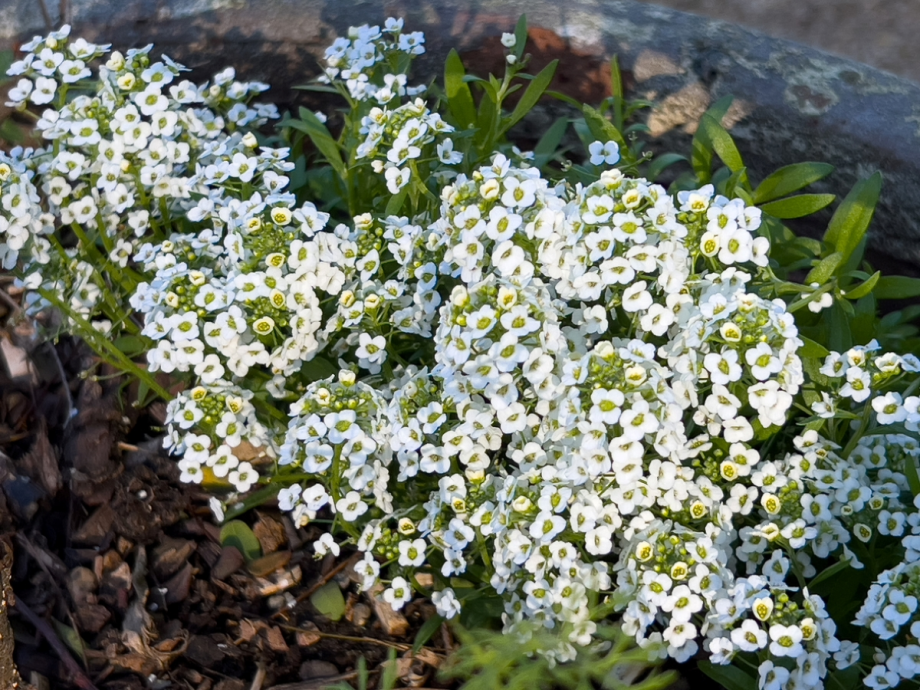
Sweet alyssum is a low-growing flower that attracts beneficial insects like hoverflies and predatory wasps, both excellent for pest control. It also acts as a living mulch, keeping weeds down and soil moist around zucchini plants.
Marigolds (Tagetes spp.)
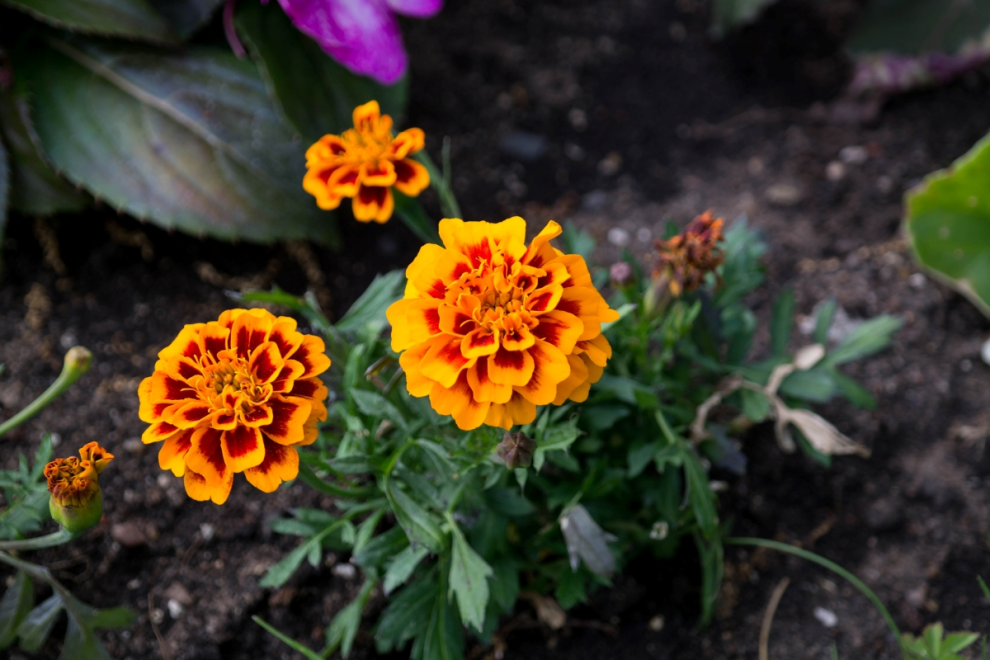
Marigolds are famous for their pest-repelling properties. Their strong scent confuses nematodes and aphids and can reduce harmful soil-borne diseases. Planting marigolds near zucchini provides a natural pest barrier and adds bright color to your garden.
Companions That Improve Soil Structure, Nutrients, Flavor
Beans (Phaseolus vulgaris)
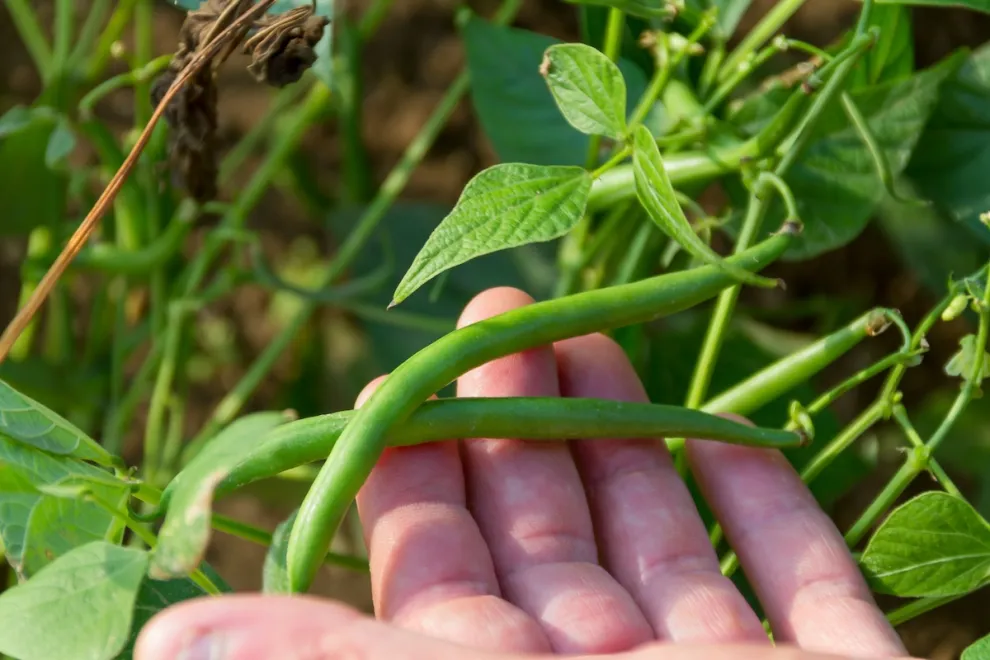
Beans are nitrogen fixers — they pull nitrogen from the air and add it to the soil, enriching it naturally. Zucchini loves nitrogen, so planting beans nearby gives it a healthy nutrient boost without needing synthetic fertilizer. Beans also don’t shade zucchini, making them perfect bedfellows.
Peas (Pisum sativum)
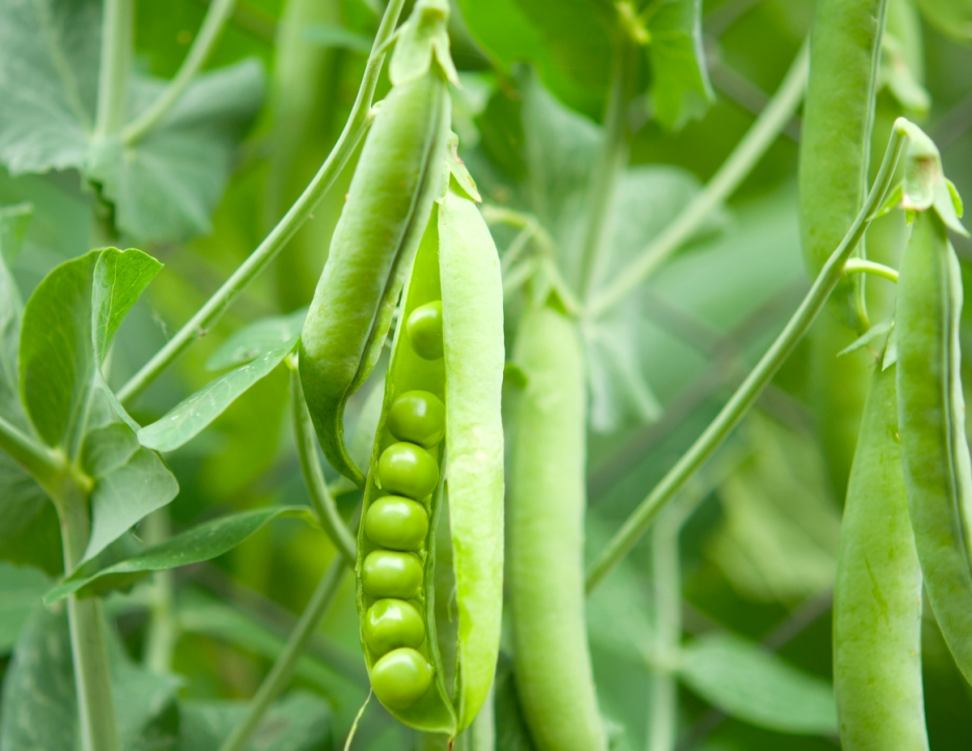
Like beans, peas fix nitrogen in the soil and improve soil texture with their roots. They grow quickly and can be harvested before zucchini plants fully spread, maximizing garden space. Peas’ presence can also improve the flavor and growth rate of zucchini.
Summer Savory (Satureja hortensis)
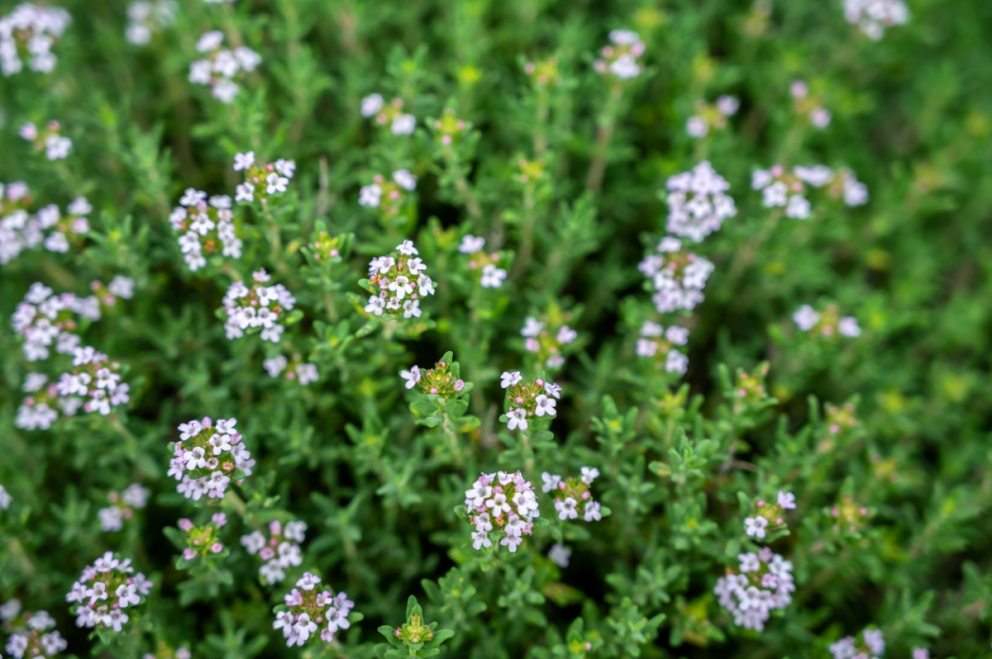
This herb is a natural pest deterrent and enhances zucchini’s growth. It attracts beneficial insects while repelling aphids and cucumber beetles. Some gardeners also say that planting savory near zucchini improves the vegetable’s flavor.
Nasturtium (Tropaeolum spp.)
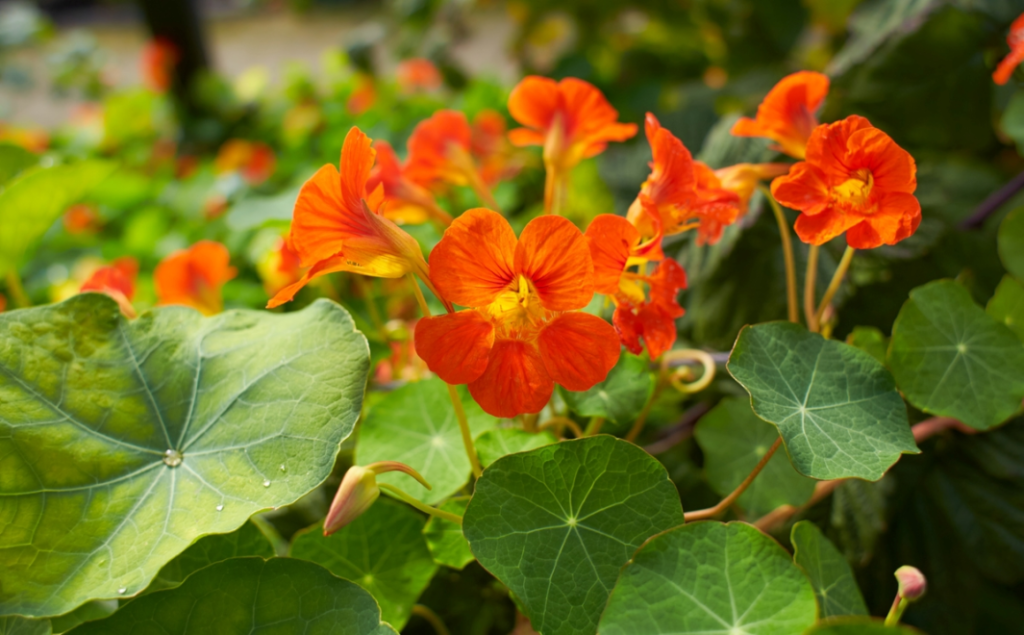
Nasturtium is often called a “trap crop” because it attracts aphids and whiteflies away from zucchini. Its peppery leaves are edible and can be harvested alongside zucchini. Nasturtium also improves soil health and helps retain moisture.
Chamomile (Matricaria chamomilla or Chamaemelum nobile)
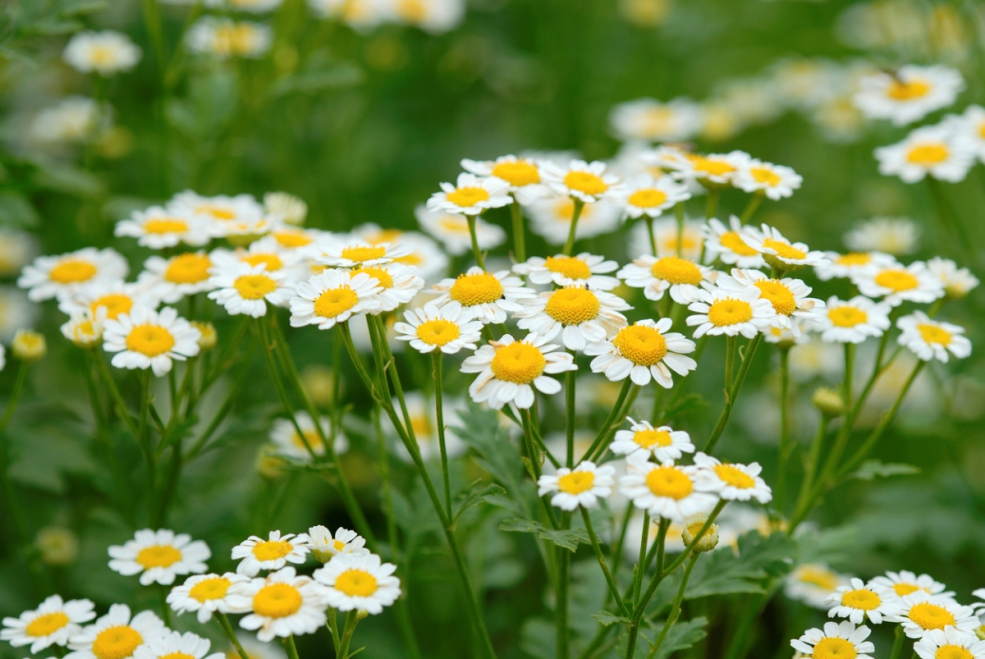
Chamomile is a small, daisy-like herb that attracts pollinators and beneficial insects. It is said to improve the growth and flavor of nearby plants, including zucchini, and helps repel harmful insects. Chamomile also encourages healthy root development.
Plants for Space, Conditions, Growth Habit
Sunflowers (Helianthus annuus)
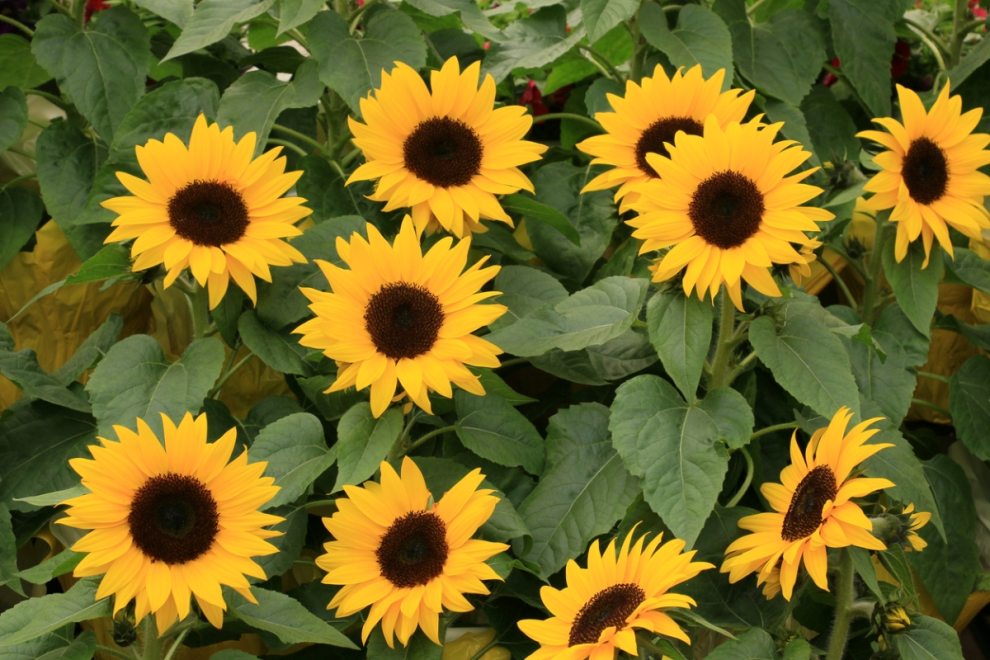
Sunflowers provide natural shade for zucchini plants during hot afternoons, protecting them from scorching sun. Their tall stalks can act as a windbreak and provide vertical interest in your garden. They also attract pollinators and birds that help control insect pests.
Radishes (Raphanus sativus)
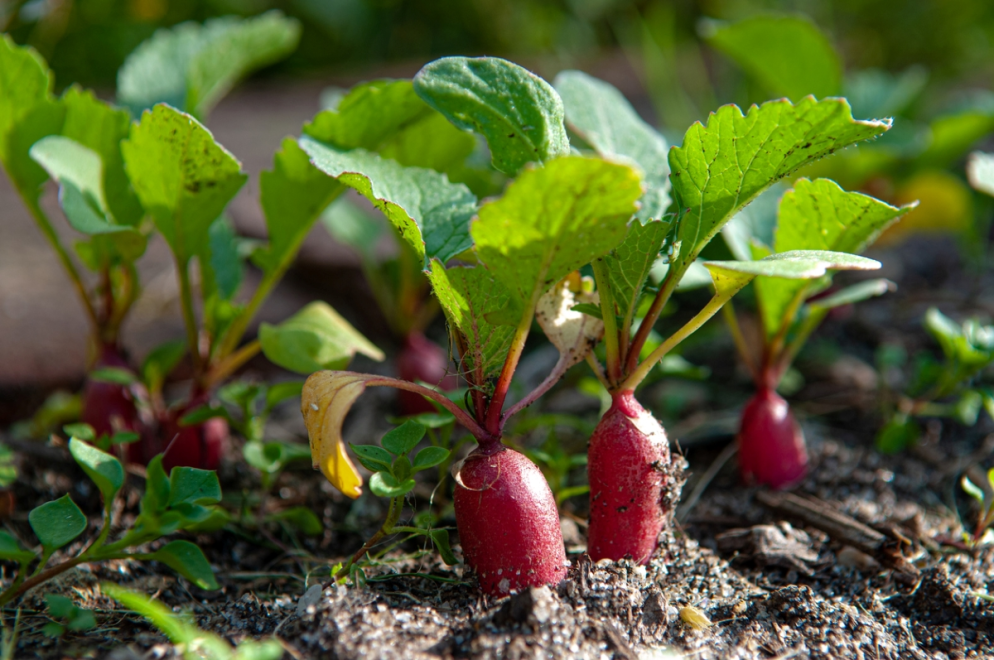
Radishes are quick-growing root vegetables that help break up the soil, improving aeration and drainage. Their sharp taste deters some pests from settling near zucchini. Radishes mature fast and can be harvested before zucchini spreads, making good use of space.
Corn (Zea mays)
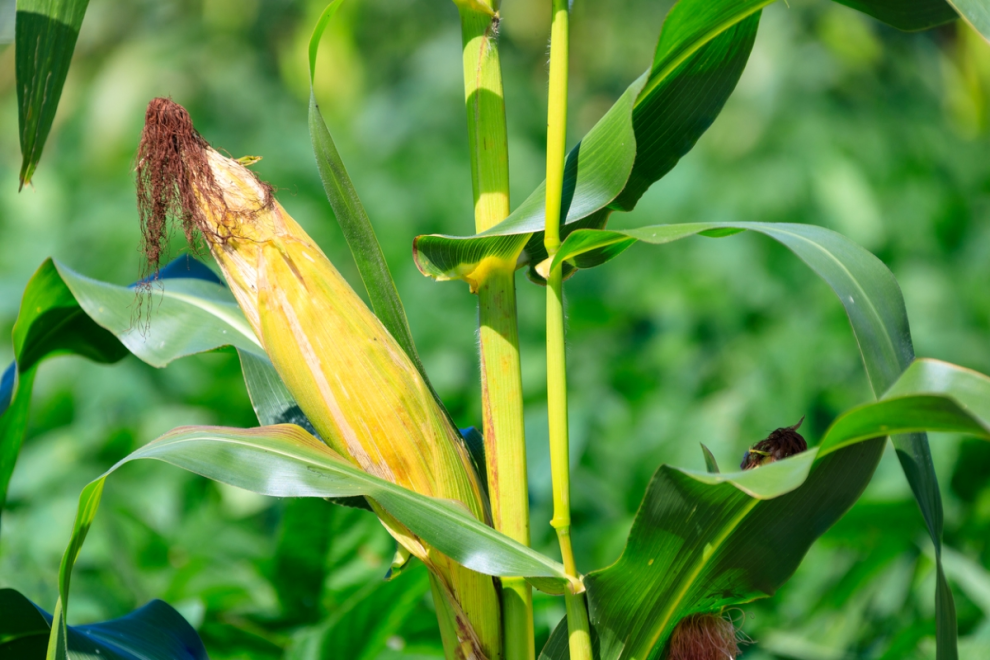
Corn grows tall and upright, making it a natural trellis for vining zucchini varieties if you don’t mind mixing different types. The corn stalks offer some shade and help reduce wind exposure. However, keep in mind both need plenty of nutrients and water.
Lettuce (Lactuca sativa)
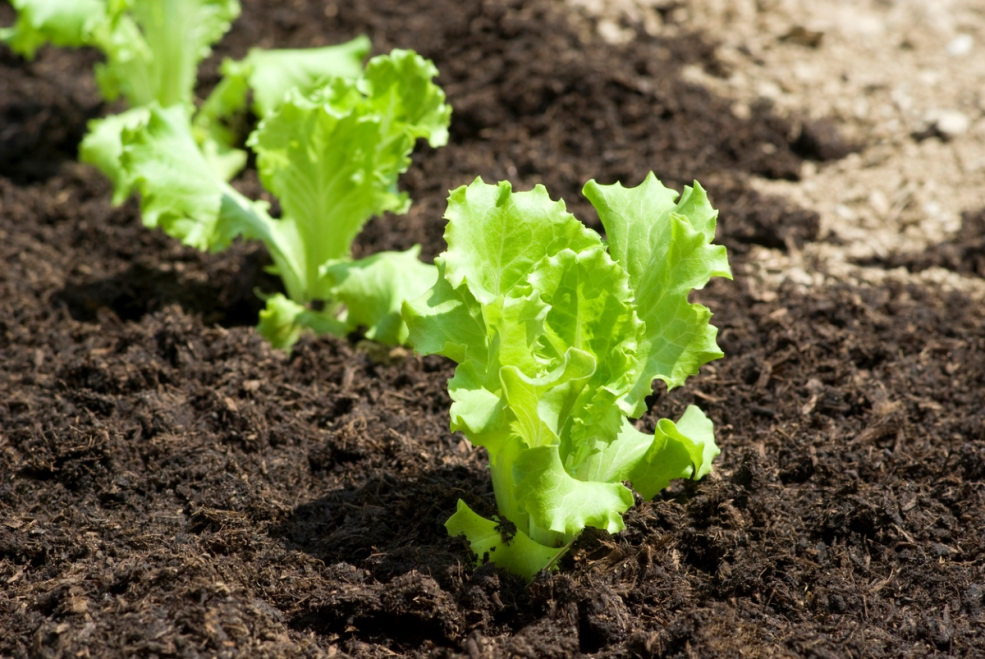
Lettuce has shallow roots and cool weather preference, making it a gentle ground cover beneath zucchini. It helps retain soil moisture and suppress weeds without competing for nutrients. Growing lettuce nearby means an early harvest before zucchini takes over the space.
Garlic (Allium sativum)
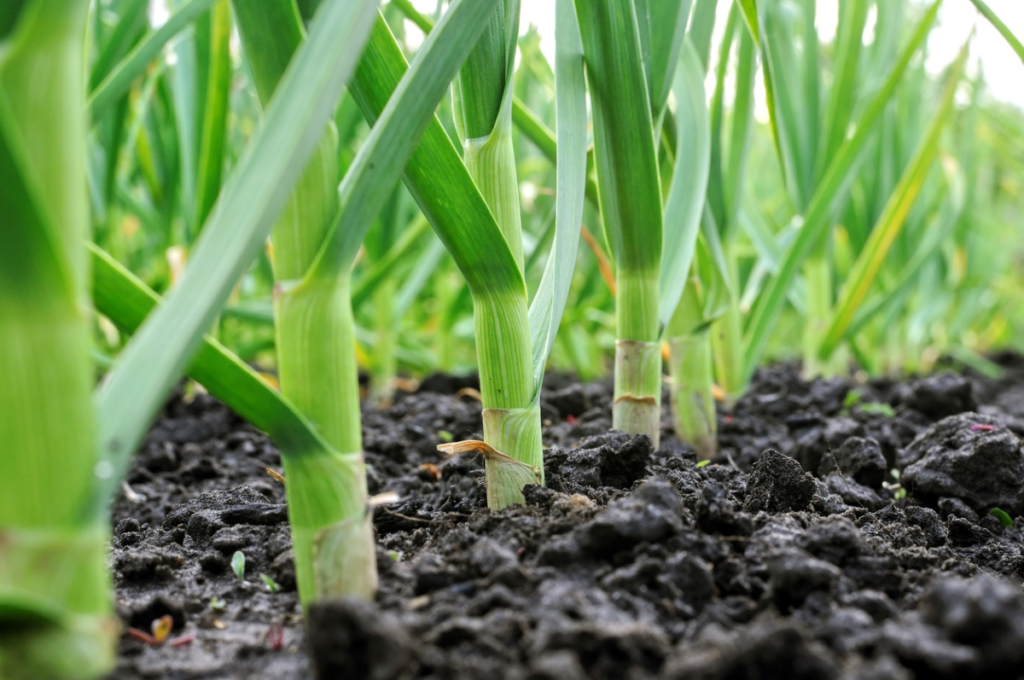
Garlic is a natural pest repellent, especially for aphids and spider mites that can plague zucchini. It also helps prevent fungal diseases. Planting garlic around zucchini improves overall garden health and adds a bonus harvest of flavorful bulbs.
5 Plants Never to Grow Near Zucchini
- Potatoes – They attract similar pests and diseases as zucchini, which can lead to cross-contamination. Also, they compete heavily for nutrients.
- Fennel – It secretes chemicals that inhibit the growth of zucchini and many other vegetables.
- Melons – These relatives of zucchini compete aggressively for space and nutrients and share common pests.
- Cucumbers – Planting cucumbers near zucchini increases the risk of disease spreading quickly.
- Brassicas (cabbage, broccoli, cauliflower) – These vegetables don’t thrive near zucchini and can attract pests that damage squash plants.
Planting the right companions around zucchini can create a healthier, more productive garden. These 15 plants help with pest control, soil health, pollination, and growth conditions—while the 5 plants to avoid help you steer clear of common pitfalls. Try mixing these companions in your garden for a vibrant, bountiful summer harvest!
Final Thoughts
As you wrap up your garden planning or prepare to plant your zucchini this season, remember that the company your plants keep can make all the difference. Companion planting isn’t just about filling space—it’s about creating a supportive community where plants help each other grow stronger, resist pests, and thrive in harmony. Zucchini, with its sprawling vines and generous harvest, especially benefits from having the right neighbors nearby.
By choosing companions like dill, borage, and marigolds, you invite helpful insects that keep pests away naturally, reducing the need for pesticides. Adding nitrogen-fixing friends like beans and peas gives your zucchini a nutrient boost straight from the soil.
Including ground covers like lettuce and flowers like nasturtium helps maintain moisture, suppress weeds, and add beauty to your garden. And by giving space to sunflowers or corn, you add structure and protection to your zucchini patch.
Of course, just as important as who to plant alongside zucchini is knowing who to keep apart. Avoiding plants like potatoes, fennel, and melons will save you from common pest problems and nutrient competition that could harm your crop.
Companion planting may take a little planning, but the rewards are well worth the effort. It’s a natural, low-maintenance way to boost your zucchini harvest and create a more resilient garden ecosystem. Plus, your garden will look and feel more vibrant, filled with flowers, herbs, and vegetables working together.
Whether you’re gardening in a small backyard, a community plot, or a larger vegetable patch, these companion planting tips can help you maximize space and productivity while keeping your garden healthy and balanced.
So go ahead—give companion planting a try this season. Experiment with different combinations, observe how your zucchini responds, and enjoy the process of growing a garden that’s alive with pollinators, buzzing with beneficial insects, and bursting with flavor.
Here’s to a summer full of fresh, delicious zucchini and a garden that thrives naturally. Happy planting, and may your harvest be plentiful!








